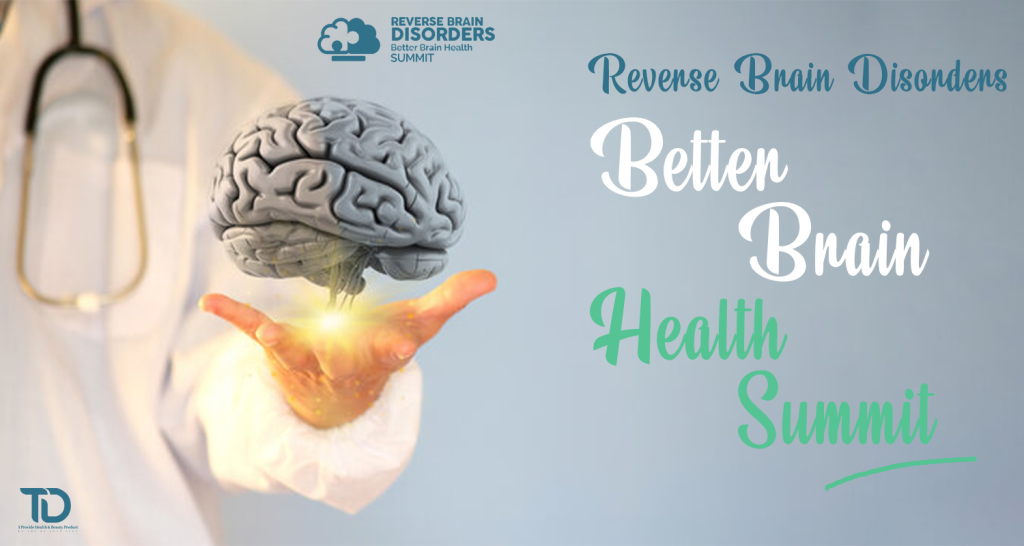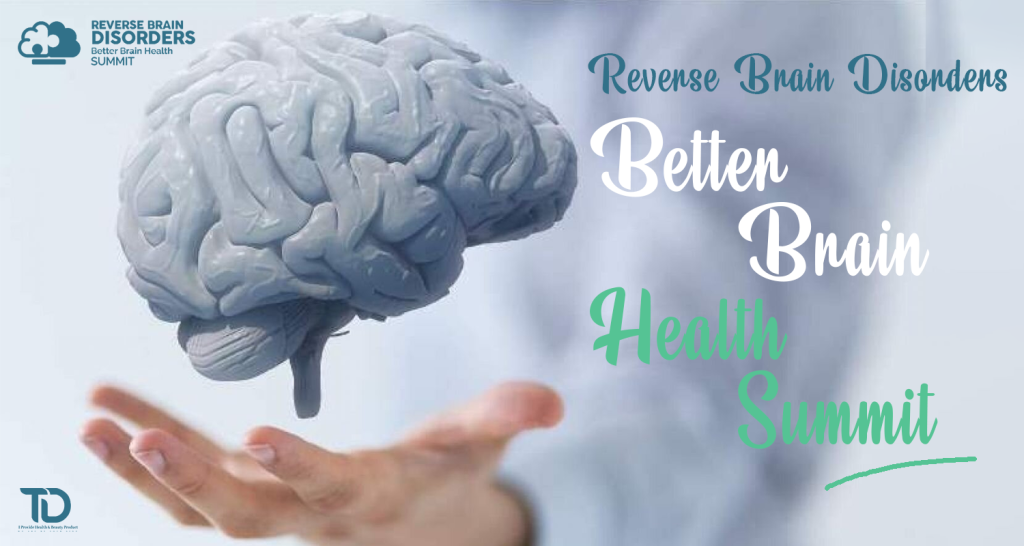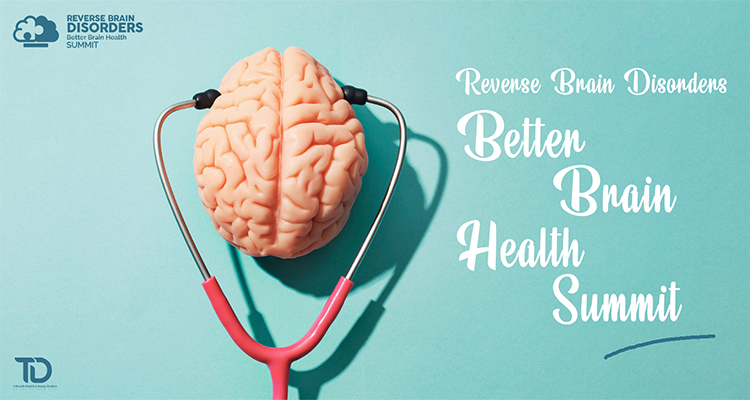Introduction
Our brain health determines how well we perform every part of life including mental stability our ability to remember information and the speed with which we make decisions. In our current society the rising number of brain health problems arises from both modern living conditions and both living conditions and genetic background. This report explains brain health problems by describing their root causes and symptoms alongside confirmed treatments that protect mental capacity and mental strength.
What Creates Health Issues with our Brain?
Multiple conditions that trouble the brain arise from living habits plus environmental pressure together with physical makeup and inherited traits. Understandings these reasons helps us fight brain health problems better.
Lifestyle Factors
Poor Nutrition: When people eat processed foods with few beneficial nutrients such as omega-3 fatty acids, antioxidants, and vitamins their brain health suffers.
Lack of Physical Activity: When you sit too long without movement blood flow to your brain drops causing thinking problems.
Chronic Stress: When stress continues over time the brain cells begin to suffer from the increase in cortisol levels.Sleep Deprivation: Sleep or its poor quality affects how well the brain handles detoxification and restoration processes
Environmental Factors
Pollution: Toxins from air and water pollution enter the brain where heavy metals disrupt cell functioning.Toxins and Chemicals: Prolonged skin contact with pesticides adds to mental cell destruction.
Physiological Factors
Inflammation: When body inflammation stays persistent it travels through the blood-brain barrier to create brain inflammation.
Hormonal Imbalances: Hormone fluctuations during menopause and andropause generally reduce memory function and alter your mood.
Genetic Factors
Family History: Having family members with Alzheimer’s or Parkinson’s disease makes you more likely to develop the same brain problems.
Gene Mutations: Brain disorders develop more strongly in people who carry APOE-4 genetic variations.
Substance Abuse
Alcohol and Drug Use: Constant drug abuse weakens brain connections which leads to cognitive problems.People with brain health issues show several distinct warning signs.
Detecting brain health problems quickly allows effective treatment to start before medical intervention becomes challenging. Common symptoms include:
Memory loss: Someone has trouble remembering what happened lately and keeping new details in their mind.
Cognitive decline: They experience problems staying concentrated and making sound decisions.Mood swings: You can suddenly experience different emotional states such as feeling depressed or anxious.
Physical Symptoms: These signs show up through head pains accompanied by dizziness and loss of movement control.Behavioral Changes: People may isolate themselves or act peculiarly without purpose and purposeless.
Sleep Disorders: The patients have trouble sleeping normally throughout the night.Studies show effective ways to protect and enhance your brain health
You need to use different methods for better brain health. Below are actionable strategies supported by scientific evidence:

Optimize Nutrition
Eat brain-boosting foods: You need to eat fatty fish that are full of omega-3s plus nuts, seeds, greens, and berries.Stay Hydrated: Enough water helps your brain work at its best.
Supplement Wisely: Take omega-3 fatty acids, magnesium, and B-vitamins under doctor supervision.
Regular Physical Activity
Aerobic Exercise: Walking swimming and cycling boost brain blood flow by moving more oxygen-rich blood through the brain.Strength Training: When you strengthen your bones through weight lifting you naturally maintain your brain health.
Mind-Body Practices: Practicing Tai Chi and Yoga teaches your brain to think more adaptably while calming your nervous system.
Stress Management
Meditation and mindfulness: Being mindful reduces your cortisol levels and maintains your focus better.Breathing Exercises: Using deep diaphragmatic breathing helps your nervous system relax.
Therapeutic Activities: Try artistic tasks such as painting and gardening because they let you relax easily.
Improve Sleep Quality
Follow a Sleep Schedule: Keep your sleep and waking hours regular.Create a Sleep-Friendly Environment: Keep your bedroom low on light and sound.Limit stimulants: Turn off digital devices and stop consuming caffeine at evening.
Mental Stimulation
Lifelong Learning: Do something different to keep your mind sharp and active.Puzzles and Games: Puzzles and Sudoku help you develop better mental speed.
Reading and Writing: Your brain makes multiple strong connections through daily reading and journaling.
Social Connections
Stay connected: Talk to loved ones about important things.Join Groups: Take part in local groups or join community organization events.Volunteer: When you help others you find your life purpose while also reducing social isolation.
Detoxify Your Environment
Minimize Exposure to Toxins: Choose environmental-friendly cleaners that exclude artificial scents.Air Purifiers: Your living environment needs high-performance air purifiers to filter pollution from inside.
Consume Organic: When you buy organic food you reduce your exposure to pesticide chemicals in your meals.
Professional Interventions
Therapy: The therapy of cognitive-behavioral control works to manage your stress and anxiety effectively.Medication: Special health conditions may require patients to use prescription nootropics as prescribed by doctors.Neurofeedback: The process helps the brain to work better while lowering mental pressure.
Embrace Technology
Brain-Training Apps: Lumosity and Peak apps help people improve their brain performance.Wearables: The device tracks how you sleep and move to show changes in your health status.
Preventive Health Check-Ups
Routine Screening: Medical professionals use regular health checks to find minor brain health problems before they become severe.
Monitor blood pressure and cholesterol: Your blood pressure and cholesterol readings can help identify problems with your brain health.Brain health research shows new developments
Scientists studying neuroscience now bring fresh solutions to help people manage brain health issues. Here are some promising developments:
Personalized Medicine
By studying patients’ genes scientists develop targeted medicines unique to each patient.Gut-Brain Axis New studies demonstrate that gut health relates directly to how our brain performs. Science shows many people use probiotics and prebiotics to boost their brainpower.
AI and Machine Learning
AI systems help doctors detect brain conditions sooner and they help people improve their brain performance through individualized learning programs.
Regenerative Therapies
Medical research uses stem cells to fix brain tissue while neurogenesis methods work to rebuild damaged brain areas.
Nutraceuticals
Scientists test both resveratrol and curcumin because these plant extracts show promise in protecting brain function.
Conclusion
Taking care of your brain determines your ability to live a happy and successful life. Taking preventative steps against stress pollution and unhealthy life habits helps protect your brain from damage. Following a healthy diet while staying fit plus managing stress and using modern technology will improve how well your brain works and your total health status.
Taking care of your brain now will create better results for you in the future. Extensive research shows that using these strategies helps you keep your brain healthy and deal with current issues appropriately.





